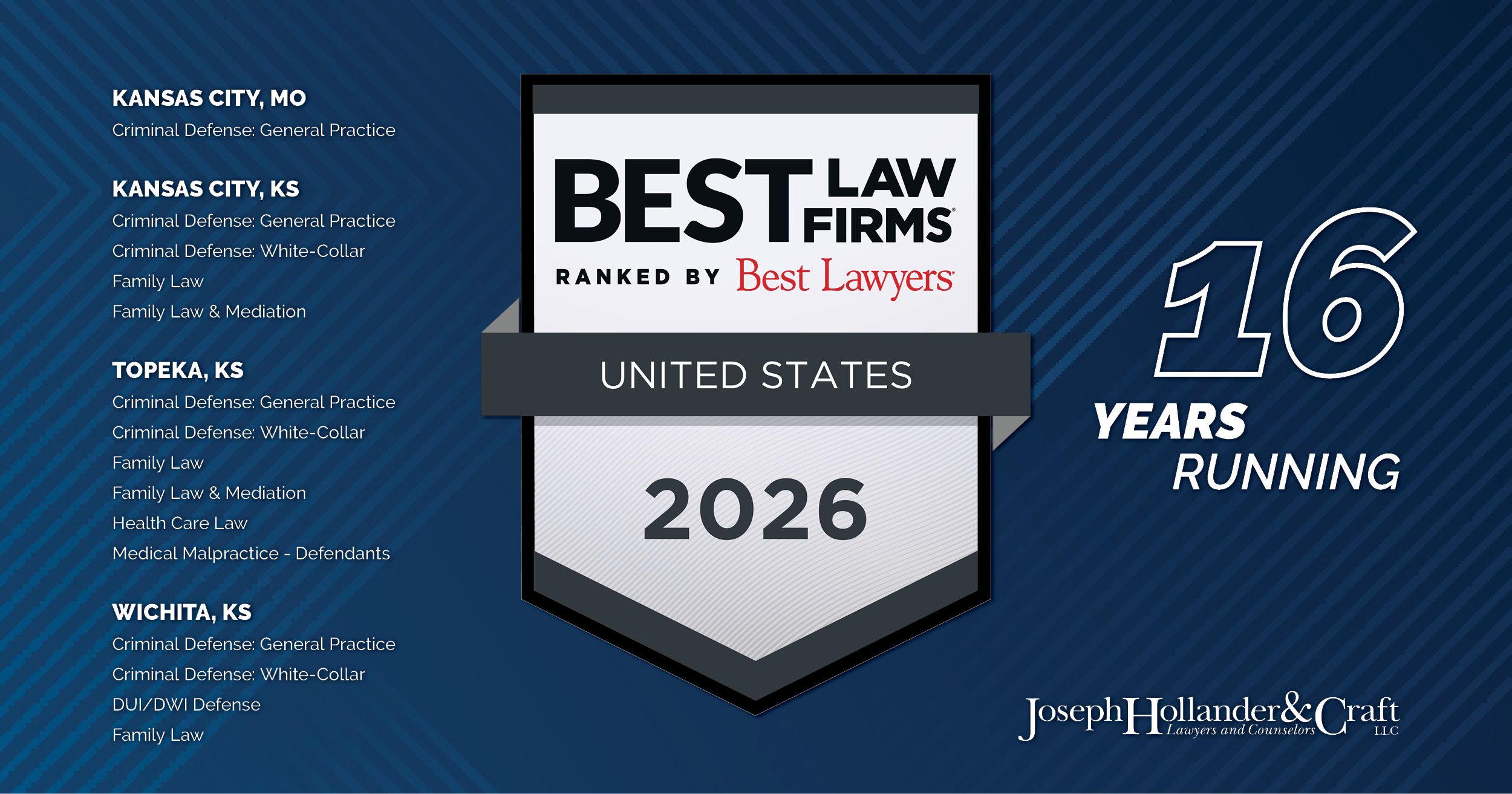Usually, appeals focus on the past. Parties generally are restricted to the same arguments and issues they raised in the district court, and the legal issues focus on the law in effect at the time of the relevant conduct and trial. The Kansas Supreme Court’s recent decision in State v. Lindemuth teaches that significant post-trial legal developments can be an exception the rule.
Lindemuth was convicted of a single count of criminal threat in 2016. Arguing that Lindemuth was improperly denied jury instructions he was due, Joseph, Hollander & Craft’s Christopher Joseph and Carrie Parker appealed his conviction to the Kansas Court of Appeals. Siding with Joseph and Parker’s arguments, the Court of Appeals ruled that Lindemuth’s conviction should be reversed.
The case continued on discretionary review before the Kansas Supreme Court. While review was pending, the Kansas Supreme Court held in another case that a portion of the criminal threat statute was unconstitutional. Recognizing this as alternative basis for reversing Lindemuth’s conviction, Joseph and Parker asked the Supreme Court to apply the new rule of law in Lindemuth’s case.
In an opinion issued August 28, 2020, the Kansas Supreme Court did just that. In light of its decision declaring a portion of the criminal threat statute unconstitutional, the state’s highest court held that Lindemuth’s conviction must be reversed and his case returned to the district court for a new trial.
The defense attorneys at Joseph, Hollander & Craft handle all aspects of criminal representation, including district court proceedings and appeals. With attorneys in Wichita (316-262-9393), Topeka (785-234-3272), Lawrence (785-856-0143), Overland Park (913-948-9490), and Kansas City (816.673.3900), we serve clients from the Oklahoma border to the Kansas City area.













